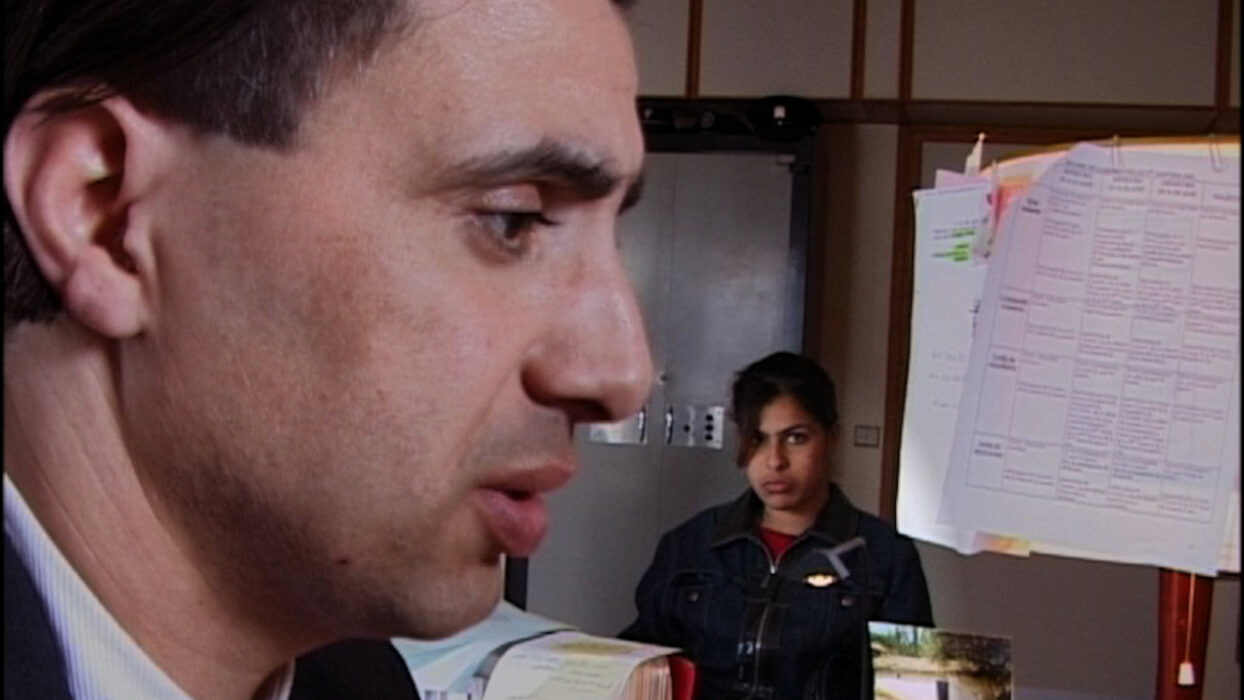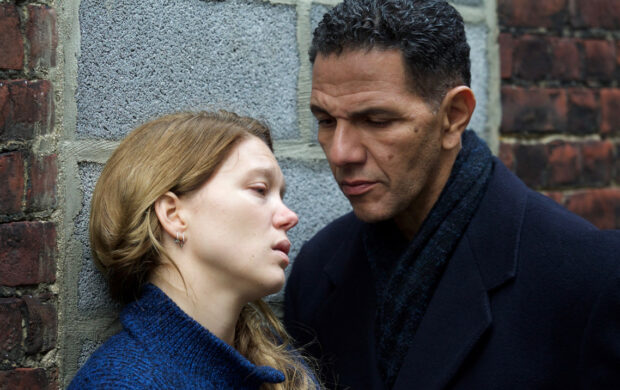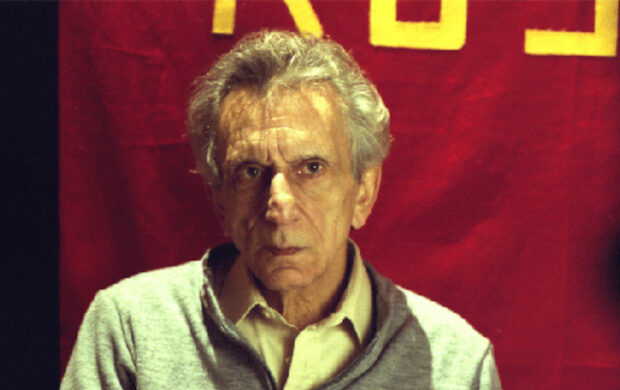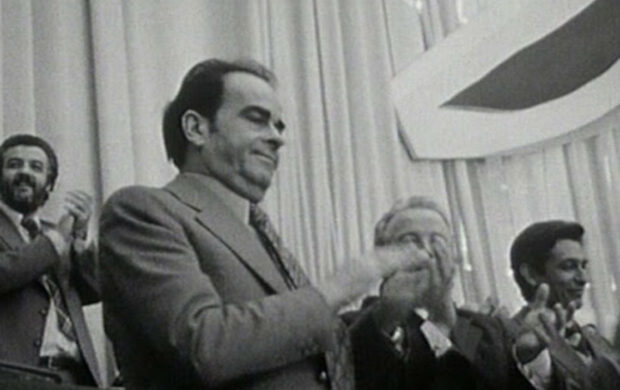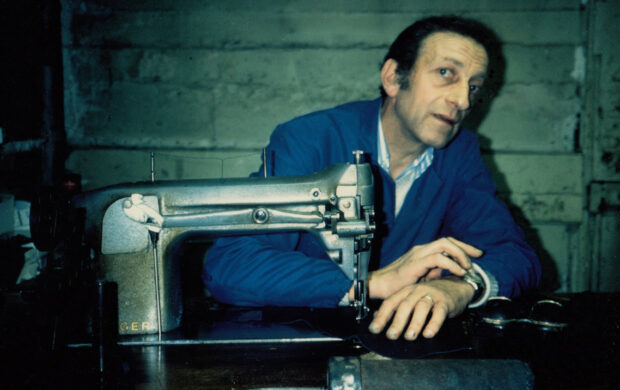Roubaix, Commissariat central, affaires courantes
- 2007
- France
- 90 min
- French
“After the Côte d’Ivoire and the United States, I wanted to follow a financial investigation, confides the filmmaker. The Paris state prosecutor agreed, but it fell through. The director of the judicial police thought that by letting me film the interrogations, the police would be breaching the secrecy of the investigation.” The prefect of the Nord department then told Mosco Boucault about Roubaix and Detective Abdelkader Haroune: “Go there, you’ll see the real France.” Six months of regular stays in the town convinced the documentary filmmaker that it was worth returning with his camera. “There always something happening. No big investigations, but little Simenon-like stories of people caught up in a spiral, who talked about a social reality rarely show.”
Setting out to sketch a picture of Roubaix through its “run-of-the-mill affairs”, he sees his project veer off in the direction of his previous Investigations after an old woman is murdered and suspicion falls on her neighbours, Annie and Stéphanie, who finally occupy a large part of the film. To become a fly on the wall during the investigation, Mosco Boucault spends three months getting the protagonists of the affair to adopt him. “Obviously, written authorisations aren’t enough. You have to be able to go everywhere without people saying you’re in the way. That’s why I film solo. In the morning, I would arrive at the police station at the same time as the police and leave with them in the evening. They certainly felt they were getting uncommon attention. I was very likely a breath of fresh air for them, as all day long they are with with liars, crooks, rapists…”
“The lawyer Henri Leclerc, who I showed the film to, said that he saw in it what he has always fought for: the idea that a criminal is not a monster. That he remains a man however serious his act.” By highlighting the indestructible humanity of Annie and Stéphanie, despite the murder of the old woman, Roubaix, Commissariat central puts our terror and prejudices to the test. In doing so, it borders on the universal.
François Ekchazjer (Télérama, 25April 2008)
- Production : Zek Productions
- Photography : Mosco Boucault, Jean-Luc Léon
- Editing : Mosco Boucault, Luc Barnier
- Print contact : Zek
